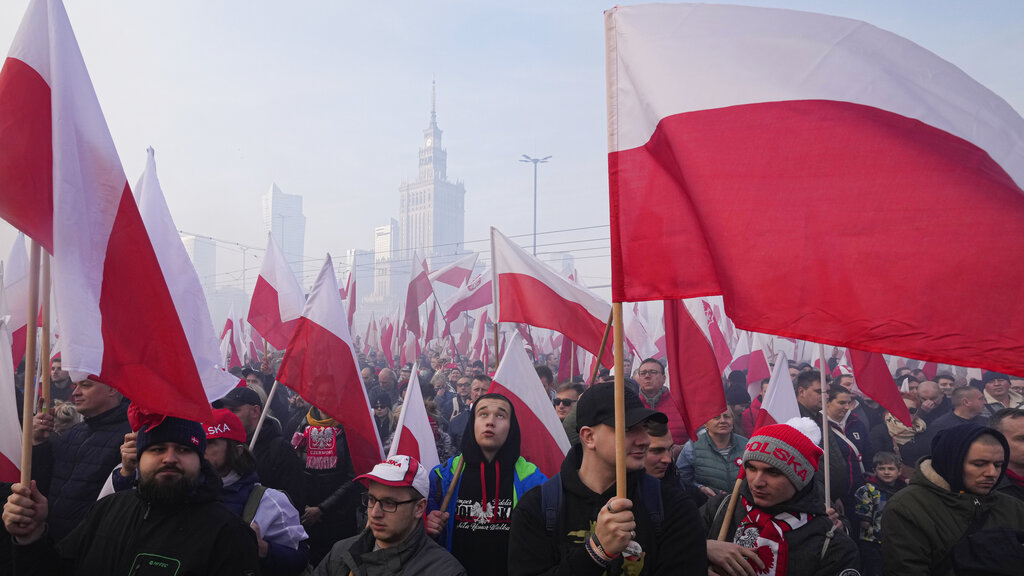Poles have never been overly optimistic. We tend to underestimate our own efforts and successes, and we are only too willing to persuade each other that we haven’t really achieved anything yet, even when we have actually achieved a lot.
Our national sport of degrading our own achievements, combined with climate ideology, the critique of capitalism, and advocacy of minimizing our needs, seems to have entered a new age. Up until now, the criticism of the transformation of the 1990s was the domain of our political right, who argued that, until 2015, Poland had been on the wrong path because of the compromises with post-communism.
But now the baton has been picked up by a new generation disappointed with global capitalism and committed to left-wing causes. They accuse their elders not of succumbing to compromises with post-communism but of promoting overworking and having an obsession with making money and consumption.
Criticizing one’s parents and all they stand for is par for the course, as the young are known for rebelling against their elders. More concerning is that some who actually worked to make Poland what it is today seem ready to disavow their life’s work.
Instead of flattering the young, we should stand against this misconception of Poland’s success as yielding nothing more than a culture of overworking and mass consumption.
The generation criticized by our youth swam against the tide of post-communist pathologies of the transformation, and thanks to the efforts and enterprise, they created the basis for Poland’s current social and economic capacity.
They were guided by the desire to create something that was their own. To that end, they built homes, married, raised their children, created businesses, and organized local and civil society institutions, even when faced with bureaucratic inertia, inadequate legislation, and organized crime.
Today, the “latest generation,” who have not created anything yet, want to condemn their predecessors and consign them to the dustbin of history. And yet, this generation are heroes and should walk with their heads held high.





